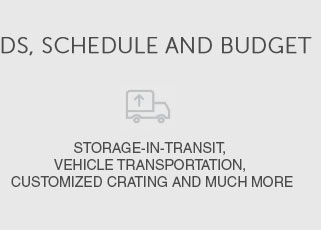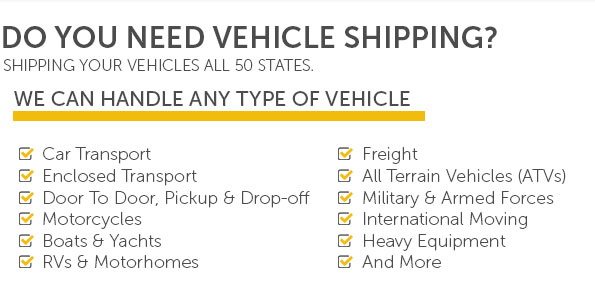 |
 |
 |
||
 |
 |
 |
 |
||
 |
 |
 |
 |
 |
 |
 |
 |
 |
 |
Embarking on a New Adventure: Moving to a New StateMoving to a new state is an experience filled with excitement, trepidation, and a myriad of logistical considerations. It's an opportunity for growth, offering a chance to embrace change and explore new horizons. Whether you're relocating for a job, family, or simply a change of scenery, each state in the U.S. offers its unique charm and challenges. The decision to move is often accompanied by a whirlwind of emotions, a delicate balance of anticipation for the new and nostalgia for what is left behind. Choosing Your New Home The first step in moving to a new state involves selecting your future home. This choice is influenced by various factors such as climate, cost of living, job market, and lifestyle preferences. States like California and New York are known for their vibrant urban environments and abundant opportunities, yet they come with a high cost of living. On the other hand, states such as Texas and Florida offer a more affordable lifestyle with no state income tax, appealing to many seeking economic relief without sacrificing quality of life. Each state provides a unique blend of cultural, recreational, and professional opportunities, making the decision highly personal and subjective. Embracing the Change Once you've settled on a state, the real adventure begins. Embracing the local culture, meeting new people, and exploring unfamiliar territories are all part of the adjustment process. Some might find this transition seamless, while others may take a bit longer to feel at home. It is essential to approach this change with an open mind and a willingness to adapt. Joining local clubs, attending community events, and trying out regional cuisines can significantly ease the transition, fostering a sense of belonging. Logistics and Practicalities From packing up your belongings to navigating the complexities of interstate moving regulations, the logistics of moving can be daunting. Hiring a reputable moving company can alleviate some of the stress, allowing you to focus on the excitement of starting anew. Additionally, updating your address, transferring utilities, and registering your vehicle in the new state are critical tasks that need timely attention. Familiarizing yourself with the laws and regulations of the new state, particularly those that differ significantly from your current residence, can prevent unnecessary complications down the line. FAQ: Navigating Your Move What are the first steps to take when planning a move to a new state? Begin by researching potential states and cities, considering factors such as climate, job opportunities, and cost of living. Once you have a destination in mind, create a moving timeline, budget, and begin organizing your belongings. How can I best adapt to my new environment? To adapt, immerse yourself in the local culture by attending events, exploring neighborhoods, and meeting locals. Join clubs or groups that align with your interests to build a community and feel more connected. What are some tips for saving money during an interstate move? Declutter before you move to reduce the volume of items. Compare quotes from multiple moving companies, and consider moving during off-peak seasons to potentially lower costs. How do I handle the emotional aspects of moving? Acknowledge your feelings and give yourself time to adjust. Stay connected with friends and family from your previous home while making an effort to establish new relationships in your new community. What should I know about the legal aspects of moving to a new state? It's important to understand and comply with the new state's requirements for vehicle registration, driver's licenses, and voting. Additionally, familiarize yourself with any differences in state tax laws. Moving to a new state is undoubtedly a significant life event. While it presents challenges, it is also an opportunity to reinvent oneself and explore new beginnings. By approaching the move with careful planning and an open heart, you can transform this transition into a fulfilling and enriching experience. https://moveadvisor.com/move/new-state-moving-decisions/
1. Find a New Job - 2. Find a New Family Physician - 3. Find a New School for Your Child - 4. Register Your Car and Transfer Your Driver's License. https://travelwithsara.com/2023/11/11/tips-for-moving-to-a-new-state/
Take a slower approach. In doing so, you'll be in a position to enjoy a different way of life. One that makes you feel at home while also trying ... https://www.ramseysolutions.com/real-estate/how-to-move-to-another-state?srsltid=AfmBOopLUT6VmGSKJZAHcfluxLJiompA87r_AhzXCjEQUoQ0TGo2lShD
Now, you very well may already have a job lined up in your new stateit may even be the whole reason you're moving. If that's you, you can skip ...
|